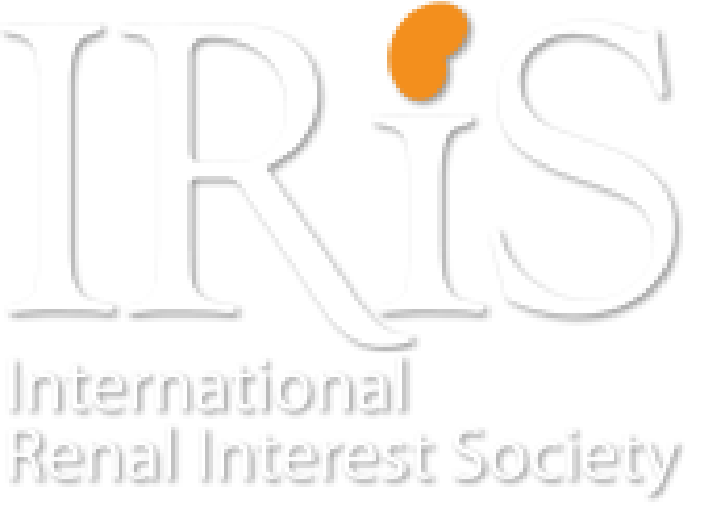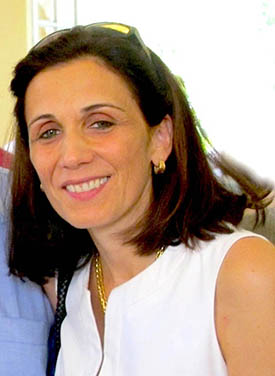
About IRIS
2001 IRIS Award Winner
Valérie Chetboul, DVM, PhD, ECVIM-CA (cardiology)
Professor of Cardiology, National Veterinary School of Alfort (ENVA), Head of the Cardiology Unit of Alfort (UCA). Responsable for Cardiovascular Imaging at the Unit U955, National Institute of Health and Medical Research (INSERM), Paris 12 University, France.

Valérie Chetboul received the IRIS Award for her promising work on intrarenal gene therapy. As local gene therapy could be a therapeutic strategy for some renal and cardiovascular diseases, the aim of the study was to compare the short-term safety of three different routes of adenoviral vectors administration, i.e. intra-renal-ureteral route and intra-renal-arterial route with or without clamping of the renal vein, in kidneys of healthy dogs, and to compare their transduction efficiency. Two recombinant adenoviral vectors were constructed : AdCMV-bgal which contains the E. coli Lac-Z gene with a nuclear localisation signal under the control of the cytomegalovirus (CMV) immediate-early gene promoter and a control adenovirus vector (AdRSV-gD) which carries the pseudorabies virus glycoprotein gD gene under the control of the Rous sarcoma virus long terminal repeat promoter. The two kidneys of each dog were injected similarly, either with AdCMV-bgal, AdRSV-gD or a Phosphate Buffered Saline solution via one of the three intra-renal routes. All renal physiological parameters, plasma biochemical parameters, glomerular filtration rate and effective renal plasma flow (determined with exo-iohexol and p-aminohippuric acid markers), sodium and potassium excretion fractions, remained stable at Day 4 whatever the route of viral administration. No histological lesion was detected in any of the hematoxylin-eosin stained kidney sections, and there was no evidence of ischemia-reperfusion injury in the kidneys subjected to venous clamping. The intra-renal-arterial route injection of AdCMV-bgal with clamping of the renal vein resulted in a strong expression of the reporter gene in the cortex, located mainly in the interstitial cells, and in some endothelial cells, while the intra-ureteral injection of AdCMV-bgal showed beta-gal activity in the pyelic epithelial cells and the distal tubular epithelial cells in the outer stripe of the cortex. These results suggested therefore that direct renal adenovirus-mediated gene transfer is feasible in the dog and may provide a new therapeutic approach, especially when secretion of the transgene product is required in the cortical area.
In 2003 Valérie Chetboul gained a post-doctoral degree (highest French research academic diploma, HDR) and in 2011 she received the Academic Award for Research Excellence by the French Ministry of Agriculture (PEDR).
Abstracts
Short-term efficiency and safety of gene delivery into canine kidneys (PDF, 101 KB)
« Return to IRIS award winners